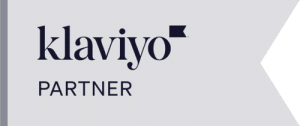The role of email segmentation
Email segmentation is a crucial process in effective marketing campaigns. It enables you to create personalised content for different groups of subscribers, leading to higher engagement rates and increased conversions. Email segmentation allows you to tailor your message to specific audience segments, ensuring that your subscribers receive relevant content that meets their needs and interests.
By segmenting your email list, you can also improve your email deliverability rates. Sending personalised and relevant content to your subscribers increases the chances of them opening your emails, which reduces the risk of your emails being marked as spam. This, in turn increases your email deliverability rates and ensures that your emails reach your subscribers’ inboxes.
The benefits of email segmentation
One of the primary benefits of email segmentation is increased engagement rates. When you send personalised and relevant content to your subscribers, they are more likely to engage with your emails. This could be in the form of opening your emails, clicking on links, or even replying to your emails. Higher engagement rates lead to increased conversions, which is the ultimate goal of any marketing campaign.
Another benefit of email segmentation is improved customer retention rates. By sending targeted and personalised content to your subscribers, you can build a relationship with them, which increases their loyalty to your brand. This, in turn, leads to increased customer retention rates and reduces the risk of losing customers to your competitors.
How email segmentation fits into the marketing funnel
Email segmentation plays a crucial role in the marketing funnel. The marketing funnel consists of different stages, including awareness, consideration, and decision. By segmenting your email list, you can create targeted content for each stage of the marketing funnel, ensuring that your subscribers receive relevant content that meets their needs and interests. For example, in the awareness stage, you can create content that educates your subscribers about your brand and products. In the consideration stage, you can create content that highlights the benefits of your products and services. In the decision stage, you can create content that provides your subscribers with a clear call-to-action, encouraging them to make a purchase
Types of email segmentation
There are different types of email segmentation, including demographic segmentation, behavioural segmentation, and psychographic segmentation. Demographic segmentation involves dividing your email list based on demographic factors such as age, gender, location, and income. Behavioural segmentation involves dividing your email list based on how your subscribers interact with your emails, such as open rates, click-through rates, and purchase history.
To ensure that your email segmentation strategy is effective, you need to follow some best practices. These include regularly updating your email list, testing your emails before sending them, personalising your emails, and monitoring your email metrics. You should also ensure that your email content is relevant and valuable to your subscribers, and that your emails have a clear call-to-action. It plays a vital role in creating effective marketing campaigns. It enables you to create personalised and relevant content for different groups of subscribers, leading to higher engagement rates and increased conversions. If you need help with your email marketing strategy, contact the team at Digital 24 to find out how we can help.



